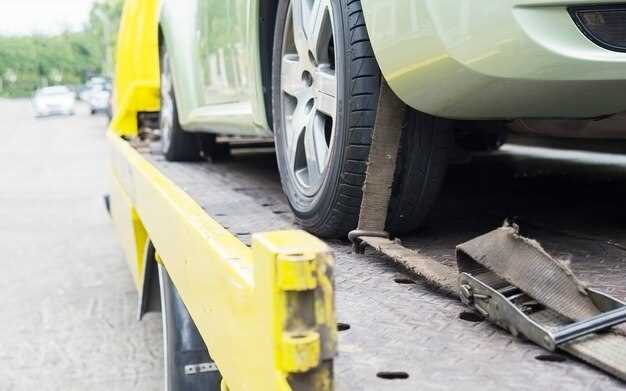
Experiencing a trailer accident can be a traumatic event, leaving individuals feeling overwhelmed and unsure of what to do next. The immediate response is crucial, as it can significantly impact the outcome of your situation, particularly when it comes to insurance claims and legal matters. Understanding the necessary steps to take following an accident not only ensures your safety but also protects your rights and interests.
First and foremost, the safety of everyone involved should be your top priority. Assess the scene of the accident and check for injuries. If anyone is hurt, call emergency services immediately. Once everyone is safe, document the scene thoroughly. This includes taking photographs, noting the time and location, and gathering witness information. Such details will be invaluable when you file an insurance claim or if any disputes arise regarding the accident.
After ensuring everyone’s safety and documenting the incident, it is time to contact your insurance company. Reporting the accident to your insurer is essential, as they will guide you through the claims process. Be prepared to provide them with all necessary details, including the accident report, witness statements, and any other relevant information. Understanding your policy and the necessary coverage can significantly influence your financial outcomes after the accident.
Ensure Safety and Gather Evidence at the Scene
Immediately following a trailer accident, the first priority must be ensuring the safety of all individuals involved. Check for any injuries and call emergency services if needed. If it is safe to do so, move vehicles out of traffic to prevent further accidents.
Once safety is established, begin gathering evidence at the scene. Start by taking clear photographs of the accident site from multiple angles. Capture images of all vehicles involved, their positions, road conditions, and any relevant traffic signs or signals. This visual documentation can play a pivotal role in substantiating your claim later.
Next, collect information from witnesses. Obtain their names and contact details, and if possible, ask them for a brief statement about what they observed. Witness testimonies can provide an objective perspective on the events leading up to the accident, bolstering your claim.
Document details of the accident including the time, date, and location. Make note of the other party’s information, including their insurance details. All these records are crucial for a successful claim process.
Lastly, consider notifying local authorities about the accident. A police report can serve as an essential piece of evidence when filing your claim, as it provides an official account of the incident and its circumstances.
Document the Accident Details for Insurance Purposes

After a trailer accident, it is crucial to meticulously document all details for your insurance claim. Start by recording the date, time, and exact location of the accident. These elements will help establish the context of the incident.
Take comprehensive notes on the circumstances surrounding the accident. Include the weather conditions, the traffic situation, and any potential hazards that may have contributed to the event. This information is vital for your insurance company to assess liability and determine the validity of your claim.
Collect information from all parties involved in the accident. Gather names, contact details, and insurance information from other drivers. Additionally, obtain the contact information of any witnesses who observed the event. Their accounts may serve as valuable corroboration during the claims process.
Photographs play a significant role in documenting the accident. Capture images of the vehicles involved, the damage incurred, and the surrounding area. Visual evidence can provide clarity and support your narrative when filing a claim with your insurance provider.
Lastly, make sure to report the accident to your insurance company as soon as possible. Provide them with all the collected information, including notes, witness details, and photographs. This prompt communication can expedite the claims process and ensure that you receive the compensation you are entitled to.
Communicate with Your Insurance Provider Effectively

After a trailer accident, effective communication with your insurance provider is crucial for a smooth claims process. Start by gathering all relevant information, including the accident report, photos of the incident, and details of any damages. This documentation will support your claim and provide context for the insurance adjuster.
When contacting your insurance provider, be clear and concise. Begin by stating your name, policy number, and the date of the accident. Explain the situation without speculation or emotional language, focusing on the facts of the incident. Listen carefully to any questions the adjuster may ask and respond accurately to avoid confusion.
Inquire about the specific claims process, including deadlines and documentation requirements. Clarifying these details upfront can prevent potential delays in your claim. If you have any uncertainties or concerns, do not hesitate to ask for clarification. A good insurance provider will assist you in understanding your coverage and benefits.
Maintain records of all communications with your insurance company, including dates, times, and names of representatives you speak with. This information can be vital if any disputes arise regarding your claim. If you are required to provide additional information or documentation, do so promptly to keep the process moving forward.
Finally, follow up regularly on the status of your claim to ensure it is being processed efficiently. Establish a timeline for when you can expect updates, and be proactive in communicating any changes regarding your situation. Engaging consistently with your insurance provider is key to achieving a successful resolution after a trailer accident.





